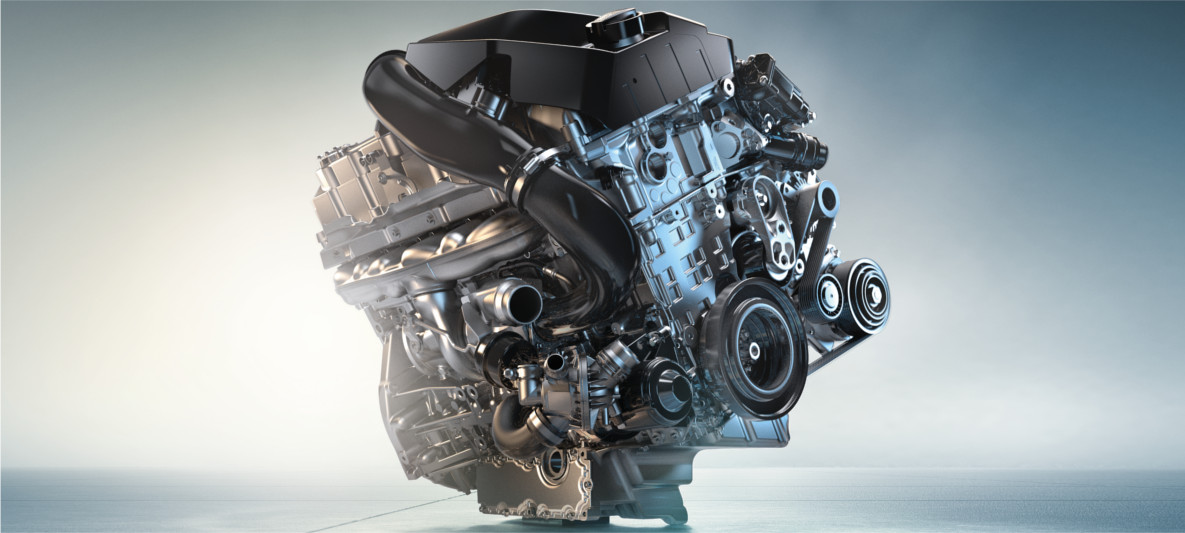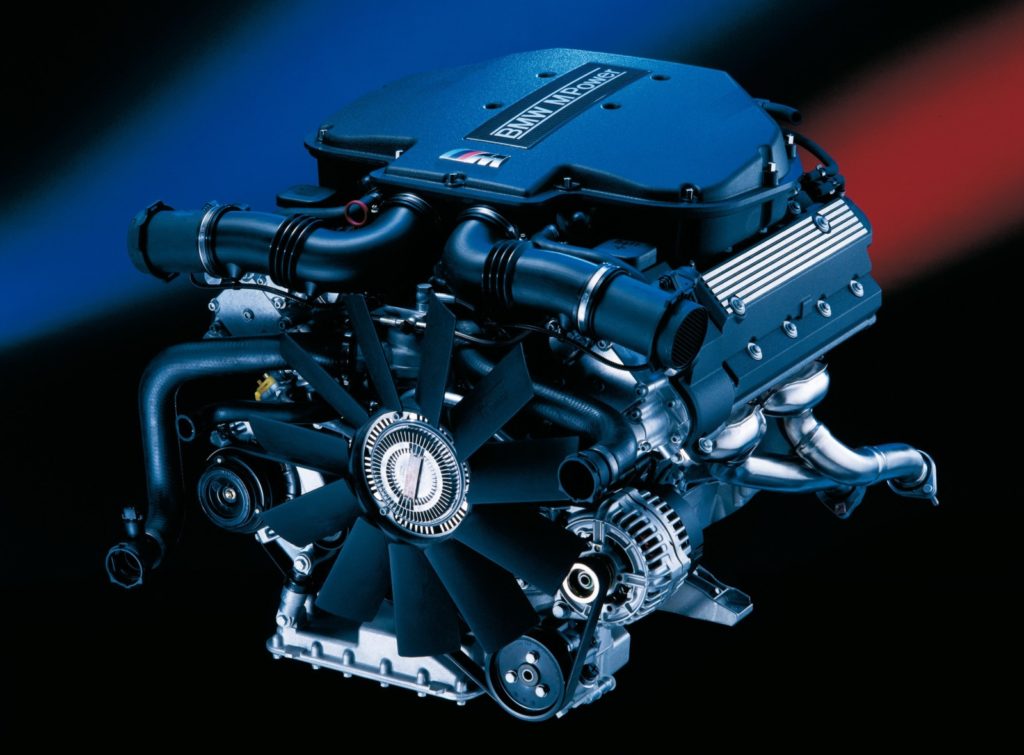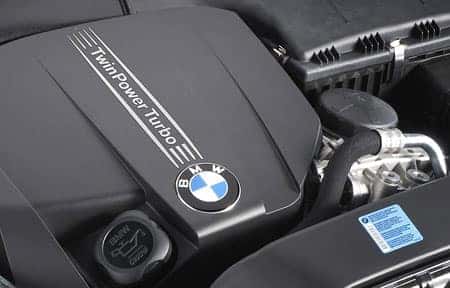Revealing the Intricacies of Next-Generation Power Units: a Deep Study Advanced Engine Designs and Innovations
In the world of vehicle design, the ruthless quest of sustainability, effectiveness, and performance has propelled the advancement of power systems to unprecedented elevations. As we base on the precipice of a brand-new period in transport, the ins and outs of next-generation engine styles bid us to check out the sophisticated innovations and advancements that guarantee to redefine the driving experience. From sophisticated products that push the boundaries of sturdiness and weight decrease to innovative turbocharging and supercharging systems that raise power outcome to brand-new degrees, each element of these power systems holds a key to opening the future of auto design. Diving deeper into the worlds of emission control, smart engine administration systems, and the horizon of power device advancement, we find ourselves on the cusp of a makeover that guarantees to improve the landscape of wheelchair as we understand it.
Development of Engine Products

The shift in the direction of progressed engine products has actually additionally enabled engineers to create engines with greater power results while maintaining fuel efficiency standards. For example, the usage of light-weight products minimizes the total weight of the engine, resulting in improved fuel economy and reduced discharges. Furthermore, advancements in materials innovation have enabled much better thermal administration within engines, leading to enhanced reliability and longevity.
Turbocharging and Supercharging Technologies
Just How do Turbocharging and Supercharging Technologies reinvent engine performance and efficiency in modern-day cars? Turbocharging and supercharging are innovations that considerably enhance engine efficiency by enhancing the quantity of air intake right into the combustion chamber. Turbocharging achieves this by using a turbine driven by exhaust gases to pressurize the consumption air, while supercharging makes use of a belt- or chain-driven compressor to accomplish the very same impact.
These technologies allow smaller, a lot more fuel-efficient engines to produce power comparable to larger ones, understood as downsizing. By forcing more air into the cylinders, turbocharging and turbo charging boost combustion effectiveness, resulting in boosted horse power and torque output without a considerable boost in engine dimension. This results in far better acceleration, pulling ability, and overall driving efficiency.
In addition, turbocharging and supercharging add to improved gas performance by allowing the use of smaller sized engines that eat less fuel under typical driving problems - bmw engine. This mix of enhanced performance and effectiveness has actually made turbocharging and turbo charging integral components of lots of modern engine styles
Discharge Control and Environmental Impact
With boosting international concerns concerning air high quality and ecological sustainability, the execution of exhaust control technologies in cars plays a critical duty in reducing hazardous contaminants released into the environment. Modern automobiles are furnished with innovative emission control systems that help minimize the environmental impact of automotive operations. Catalytic converters, for example, are designed to convert toxic gases such as carbon monoxide gas, nitrogen oxides, and hydrocarbons right into much less unsafe materials like co2 and water vapor.
Moreover, improvements in engine innovation, such as the combination of exhaust gas recirculation systems and careful catalytic reduction, have significantly added to decreasing discharges. These innovations operate in tandem to optimize burning effectiveness and reduce the release of unsafe toxins into the air. Additionally, the growth this contact form of crossbreed and electric vehicles stands for a vital step in the direction of lowering the general environmental impact of the transportation sector.
Intelligent Engine Monitoring Equipment

Additionally, these systems make it possible for automobiles to meet rigid emissions criteria without compromising efficiency, offering an extra ecologically pleasant driving experience. The combination of expert system and artificial intelligence capacities in engine administration systems proceeds to push the limits of what is feasible, resulting in more improvements in effectiveness, integrity, and click here to find out more overall automobile efficiency. bmw engine. As automobile modern technology advances, intelligent engine monitoring systems will certainly play a vital duty fit the future of transport towards a much more efficient and sustainable instructions
Future Trends in Power Unit Development
As smart engine administration systems pave the way for enhanced control and optimization in modern internet vehicles, future trends in power system growth are positioned to redefine the landscape of auto propulsion modern technologies. These alternative power resources provide boosted efficiency and performance while straightening with stringent environmental laws.
One more significant trend is the integration of innovative products and making methods. Lightweight products such as carbon fiber and aluminum are being made use of to minimize overall car weight, enhancing fuel efficiency and efficiency. In addition, improvements in 3D printing and additive manufacturing are making it possible for the production of intricate engine parts with greater accuracy and sturdiness.
Moreover, expert system and equipment learning are playing a crucial function in maximizing power system efficiency. These modern technologies allow for real-time tracking and adaptive control, bring about a lot more reliable and trustworthy power shipment. On the whole, future trends in power system development are geared towards efficiency, efficiency, and sustainability, driving the auto industry in the direction of a brand-new era of propulsion modern technologies.

Final Thought
In verdict, the innovations in engine materials, turbocharging, exhaust control, and intelligent administration systems have actually paved the means for next-generation power systems. These innovations have not only improved performance and efficiency however additionally reduced environmental impact. As modern technology continues to develop, future patterns in power device growth are likely to concentrate on additional enhancing sustainability and maximizing power result. The complex designs and advancements in modern engines display the ongoing evolution of vehicle innovation.
Exploring the dynamic improvements in engine materials has been pivotal in improving the performance and performance of modern engines. Over the years, the evolution of engine materials has played an important function in pressing the boundaries of what engines can achieve.The shift in the direction of advanced engine materials has actually likewise allowed designers to design engines with greater power outputs while maintaining gas performance criteria.The execution of smart engine administration systems in modern-day cars has reinvented the method engines are regulated and maximized for efficiency and effectiveness. By accumulating information in real-time and assessing it with innovative algorithms, intelligent engine administration systems can adjust to driving designs, environmental variables, and engine health to make the most of power output while lessening fuel intake and discharges.